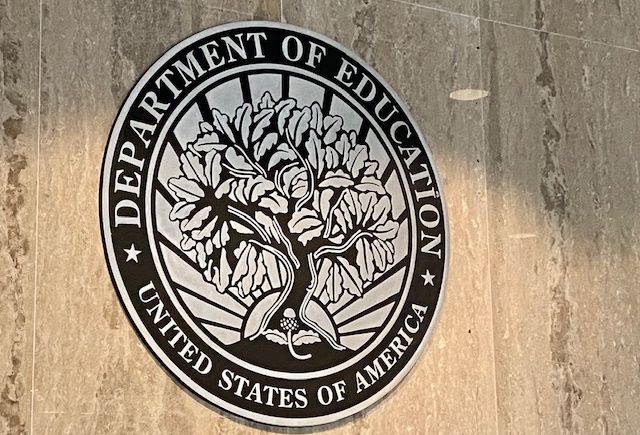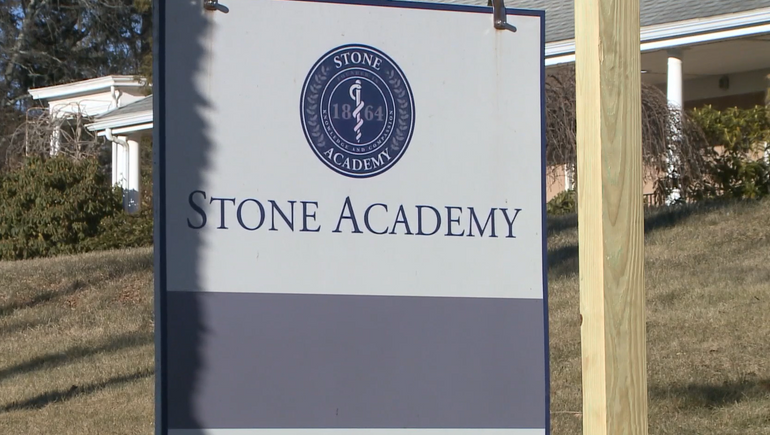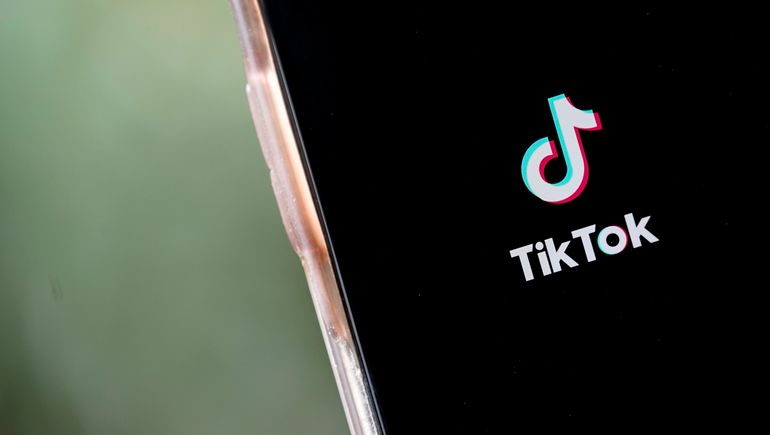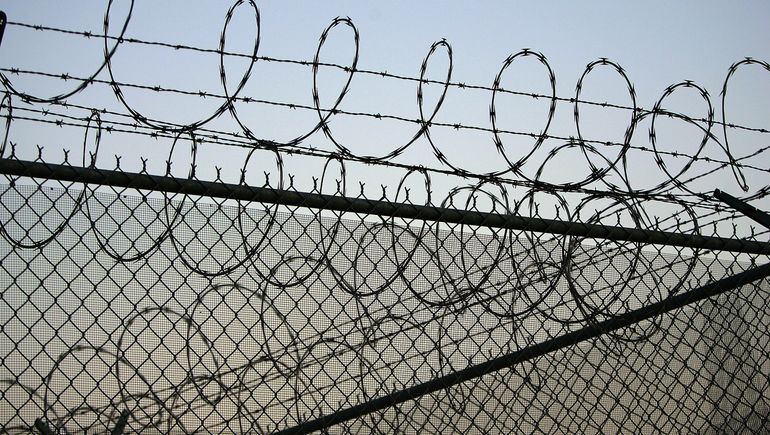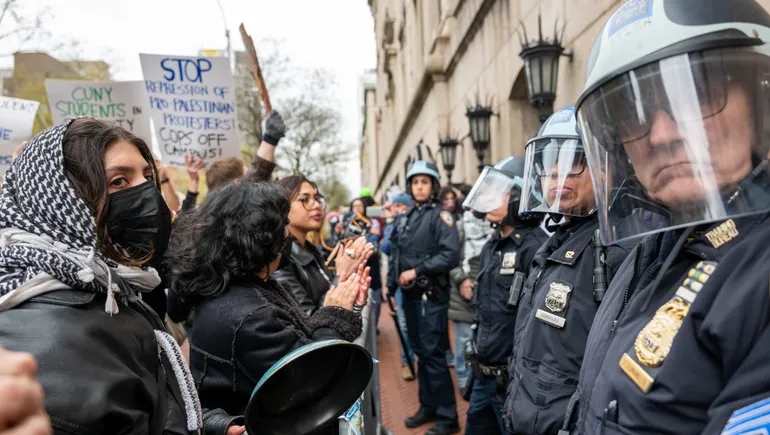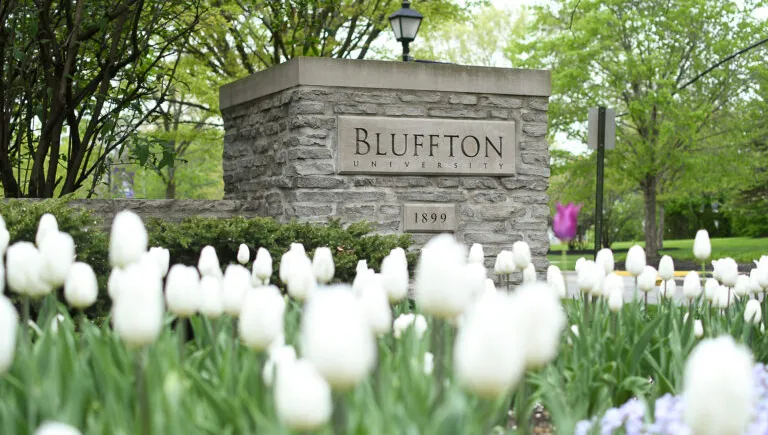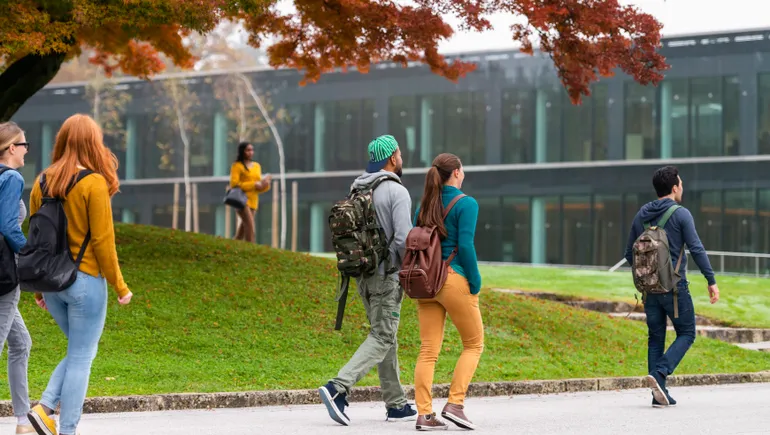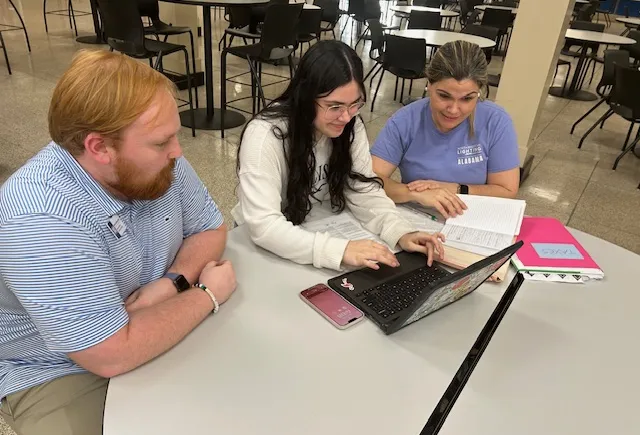[ad_1]
Dive Brief:
- A federal judge denied a request to halt the $6 billion Sweet v. Cardona class-action settlement, bolstering a deal to end a lawsuit in which student loan borrowers accused the U.S. Department of Education of failing to act on applications to a program forgiving loans for borrowers who were misled by their colleges.
- The judge’s order, issued Friday, clears the path for the Education Department to start discharging loan debt for many of 200,000 borrowers who say their colleges defrauded them.
- But U.S. District Judge William Alsup temporarily blocked the settlement from taking effect for borrowers who attended three colleges that are fighting the settlement: for-profit American National University and Lincoln Educational Corp., and nonprofit Everglades College. Alsup gave those colleges seven days to ask an appeals court to block loan discharges for their former students while it weighs their case.
Dive Insight:
Alsup’s order in the Sweet v. Cardona case comes at a time of sprawling battles over efforts to forgive federal student loan debt — battles that could affect both students’ willingness to pay for college and how much money the government injects into the higher ed system in the future.
The U.S. Supreme Court is scheduled to hear arguments Tuesday about another student loan forgiveness program, President Joe Biden’s wide-ranging plan to forgive up to $20,000 for individual borrowers making less than $125,000. The Biden administration justifies that plan, which is estimated to cost hundreds of billions of dollars over coming decades, by citing the COVID-19 emergency and a 2003 law allowing for changes to student financial aid programs in times of national emergency.
The administration is pairing the plan for one-time relief with regulatory overhauls that would make it easier for students to have their debts cleared in the future. Those overhauls include changes to income-driven repayment that would lower the discharge threshold for students who make payments based on how much they earn. They also include changes to the borrower defense to repayment, or BDR, program, under which the federal government discharges loan debt for those who attended colleges that took part in misconduct like misleading students.
Alsup’s Friday ruling affects a logjam under preexisting borrower defense regulations. Plaintiffs sued in 2019, alleging the Education Department improperly delayed decisions on borrower defense claims during President Donald Trump’s administration.
The Biden administration reached a settlement agreement in June 2022 that set up automatic loan cancellation for about 200,000 class members who’d attended 151 colleges.
That agreement also calls for the Education Department to quickly decide whether borrower defense claims from another 64,000 borrowers should be granted. And it set a timeline under which the Education Department is to make borrower defense decisions for 206,000 more borrowers who submitted applications between the time the settlement was reached and when Alsup approved it.
Several colleges objected whose former students were set to have their loans forgiven. They argued the settlement amounted to overreach by the Education Department and harmed the reputations of the 151 institutions because they had no chance to respond to borrowers’ allegations that they misbehaved.
But Alsup approved the settlement in November, reasoning that the settlement wasn’t “an impermissible scarlet letter” and that the Education Department couldn’t use the automatic relief to try to claw back costs from colleges. The judge called the agreement “fair, reasonable, and adequate,” as well as “a grand slam home run for class members.”
In January, three colleges filed notice they would appeal the settlement. They asked the court to issue a stay stopping the settlement from being carried out while they appealed.
In Friday’s ruling, Alsup found the objecting colleges failed to adequately show that their appeal was likely to succeed or that they would suffer irreparable harm if he didn’t block the settlement. He pointed out that the settlement is between the Education Department and student loan borrowers who allege it didn’t properly handle their requests for relief — and not the colleges those borrowers attended.
The judge also found that further delay would harm both borrowers covered by the settlement and the Education Department, which has a large backlog of borrower defense applications.
“Resolution of a lawsuit concerning monumental delay should not be delayed any longer by three intervenor schools who were not parties to the settlement agreement and who were not involved in the long, hard-fought litigation that preceded it,” Alsup wrote.
The Project on Predatory Student Lending, a group representing borrowers in the case, hailed the order.
“This decision delivers a massive, long-overdue victory for our clients and validates the fact that this settlement is on solid legal ground,” Eileen Connor, the group’s president and director, said in a statement. “Now, hundreds of thousands of people and families who have been held hostage by the borrower defense process for so long will finally receive a fair resolution and the justice they are owed.”
Connor pledged to support borrowers who attended the three institutions that are still fighting the case. Their appeal is set for the 9th U.S. Circuit Court of Appeals.
Officials at Career Education Colleges and Universities, a lobbying group representing for-profit colleges, said they expect the appeals court to find fault with the decision.
“Although we appreciate the court’s continued acknowledgment that these are not adjudicated borrower defense claims, we remain concerned the settlement deprives the affected institutions of due process protections afforded under the Department’s own rules and inflicts reputational harm,” Nicholas Kent, CECU’s chief policy officer, said in a statement.
Keiser University, which is part of Everglades, issued a statement supporting “regulatory consistency, adherence to due process, and strict observance of the law” to protect students, taxpayers and colleges.
“We believe that any student with a valid BDR claim has the right to have it fairly evaluated,” a Keiser spokesperson said in an email. “However, the Sweet settlement ignores the law and grants relief regardless of the evidence or the merits of a particular claim. It is based on vague and unsubstantiated allegations of misconduct which, to our knowledge, are not true.”
Everglades is appealing to “ensure the reputation of our institution is not unfairly maligned, and that our rights are not unlawfully violated,” the spokesperson said.
[ad_2]
Source link

